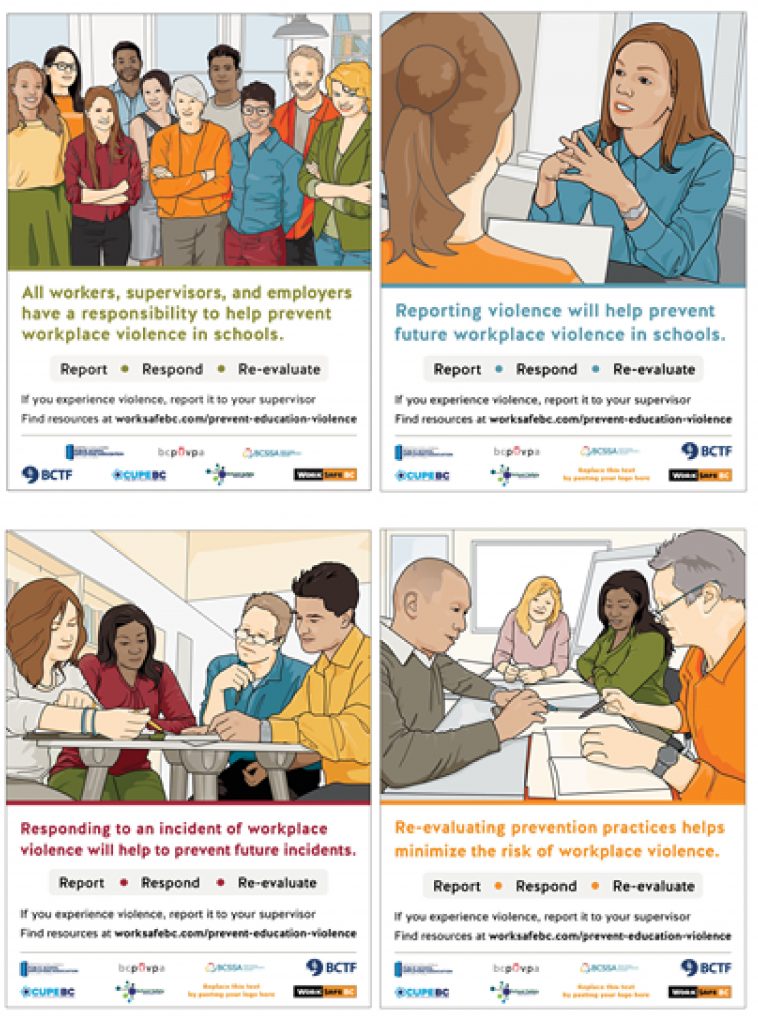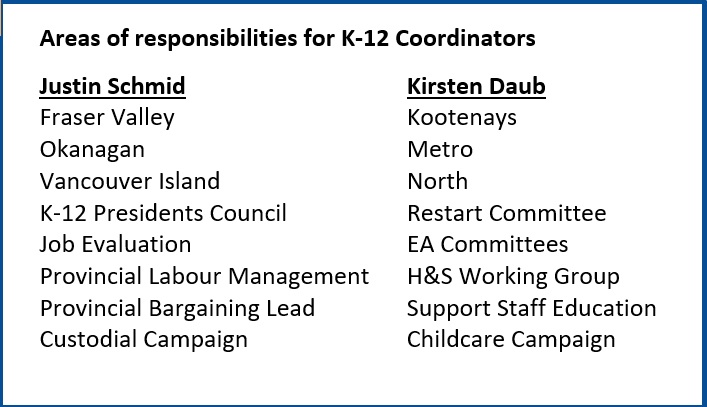The Public Health Officer and BCCDC have updated the process for COVID-19 exposures in K-12 schools. Exposure notices will be posted online. Links can be found on the BCCDC website.
The Ministry of Education has also released an update on COVID-19 safety measures for the K-12 education system that provides further guidance regarding proof of vaccinations, safe isolation of students showing COVID-19 symptoms, and school attendance for students not showing symptoms but having close contact with a confirmed case.
Proof of vaccination
The PHO has confirmed that all K-12 school activities are excluded from proof of vaccination requirements.
This applies to all educational and extracurricular activities, any programs for children and youth offered by a school or other school-led event. This applies to students, parents/caregivers, volunteers, and staff.
This exemption applies to field trips. Public venues, however, will still require proof of vaccination if members of the public will be present.
The exemption does not apply when school facilities are rented out for non-school events. In these cases, the person or organization is responsible for verifying proof of vaccinations (not the school or school district).
CUPE strongly recommends vaccinations to all members, as they are crucial to limiting the spread of COVID-19.
Safe isolation of symptomatic students
Students who develop symptoms of illness at school should be provided with a separate space outside of the classroom where they can wait for their parent/caregiver.
Ideally this would be a separate room such as a first aid room or empty office, or a low traffic area with barriers or where physical distance can be maintained.
Asymptomatic attendance
People (including staff and students) that have close contact with confirmed COVID-19 cases (someone in your own household) may be permitted by public health to continue to attend school/work, as long as they are not showing symptoms of illness (asymptomatic) and are fully vaccinated.
Public health officials will help determine if self-isolation is required for household members while following up on a confirmed COVID-19 case and advise if school attendance permitted for other asymptomatic household members.
View PDF.


